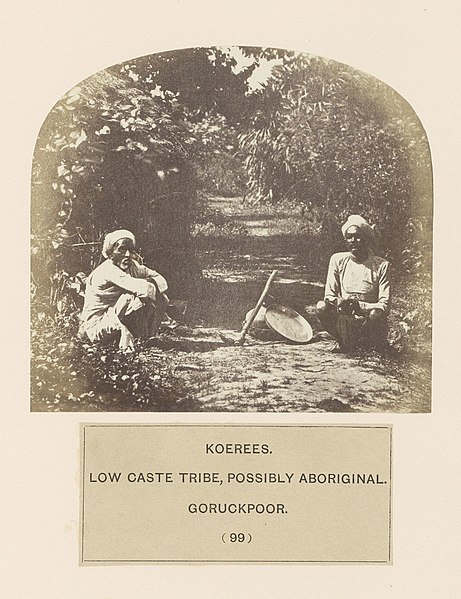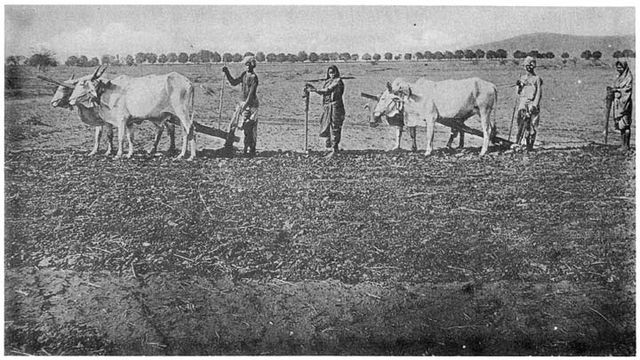Upper Backward Castes of Bihar
The Upper Backward Caste is a term used to describe the middle castes in Bihar, whose social and ritual status was not very low and which has traditionally been involved in the agricultural and animal husbandry related activities in the past. They have also been involved in low scale trade to some extent. The Koeri, Kurmi, Yadav and Bania are categorised as the upper-backwards amongst the Other Backward Class group; while the various other caste groups which constitutes the OBC, a group comprising 51% of the population of state of Bihar, has been classified as lower backwards. The upper-backwards also called upper OBC represents approximately 20.3% of the population of Bihar. These agricultural caste were the biggest beneficiaries of the land reform drive which was undertaken in the 1950s in the state and they strengthened their economic position by gaining a significant portion of excess land under the ceiling laws, which prohibited the ownership of land above a certain ceiling.

A 19th century image showing two Koeri men near Gorakhpur.
An "ethnographic" photograph from 1916 showing Kurmi farmers, both men and women, sowing a field
Another ethnographic print from 1868 showing a group of Ahirs, a Yadav subcaste near Delhi.
The Koeri, also referred to as Kushwaha and more recently self-described as Maurya in several parts of northern India are an Indian non-elite caste, found largely in Bihar and Uttar Pradesh, whose traditional occupation was agriculture. According to Arvind Narayan Das they were horticulturist rather than agriculturists. They are also recorded as performing the work of Mahajan in credit market of rural parts of Bihar and Bengal in 1880s. Koeris have attempted Sanskritisation— as part of social resurgence. During the British rule in India, Koeris were described as "agriculturalists" along with Kurmis and other cultivating castes. They are described as a dominant caste in various opinions.
British era image of two men from Koeri caste describing low caste and possibility of aboriginal origin.



